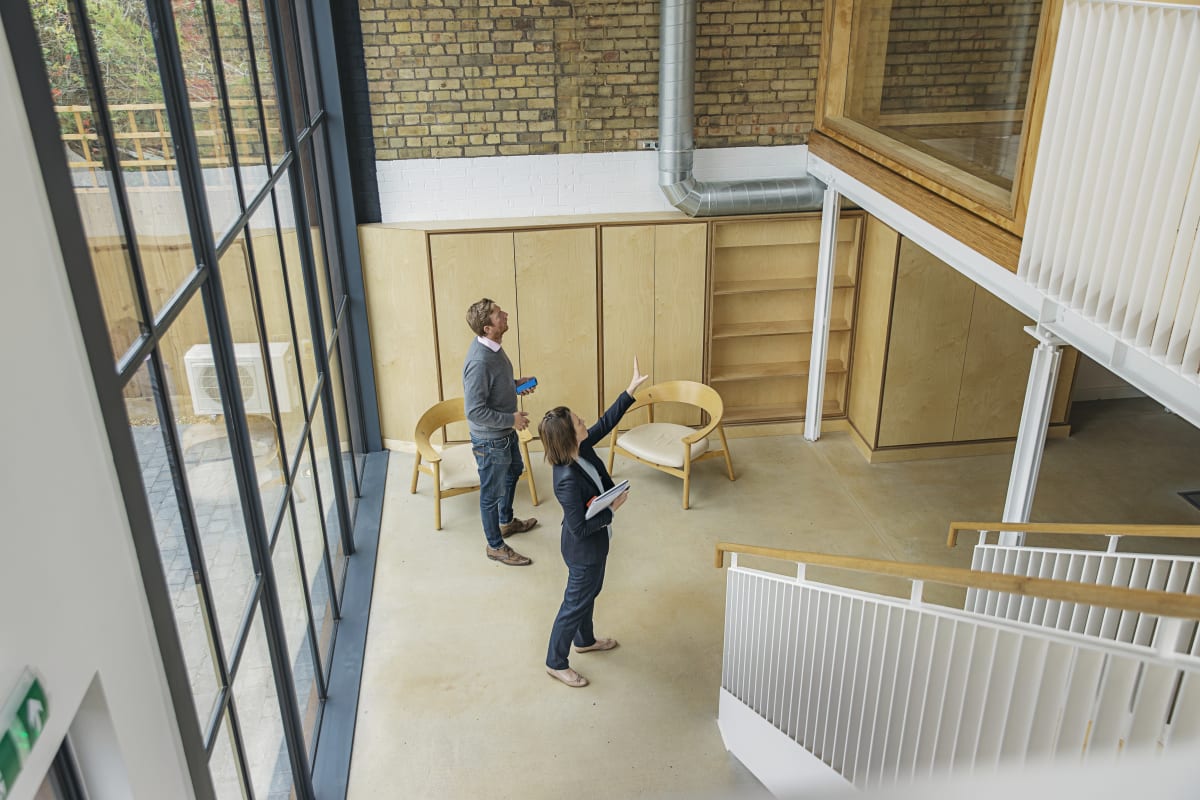IWG is expanding its inventory in Geneva, Zurich and Lausanne, and will open hubs in smaller cities, too
IWG’s co-coworking brands continue to go from strength to strength in Switzerland, and by the end of 2019 it will have doubled the number of centres it has in the country in the space of just one year, as well as doubling the surface square metre of its inventory.
Over the coming months the company will open new co-working centres in Geneva, Zurich and Lausanne, and open hubs in smaller cities. In total, IWG will have grown the number of flexible working spaces from 28 to 46 across 18 cities in Switzerland before the year is out.
In Geneva, where the Regus brand has been open for 26 years, IWG will grow its Regus and Spaces centres from six to 11. The city is an invaluable location for IWG and, like New York, it is home to a number of international organisations while also serving as one of the most important financial centres across the globe. For French-speaking Switzerland, it is a valuable economic area, and one that IWG will continue to invest in.
IWG will also focus on expanding within peripheral regions and smaller cities such as Versoix, Étoy, Eysins, and Préveranges, which the company’s directors hope will help to reduce people’s commuting times in these areas as flexible working becomes more mainstream.
In addition to the new openings, IWG will also become the first co-working operator in Switzerland to launch a franchising model for flexible working this year. IWG will support franchisees with marketing and direct access to the company’s network.
Garry Gürtler, country manager for IWG in Switzerland, says the current co-working market is exciting for companies that want to diversify their portfolio. The investment, turnover and profitability rates in IWG’s franchising model is simple and unique as it only requires two or three employees to make it work, and an average investment is expected to generate a target return of around 20%.
Gürtler explains that the interest in co-working spaces has “changed dramatically” in recent years, as they used to be seen as a great workspace solution mainly for startups and Millennials. But now the co-working market is growing at a rate of 30 per cent globally.
Today, companies of all sizes in French-speaking Switzerland, from SMEs to multinationals, are looking for co-working spaces as they have realised the benefit of sharing a space with these early adopters. “The large companies were first seduced by the rapidity of a co-working solution that we offer, but they soon realised that being closer to startups allowed their teams to be inspired by the creativity and the courage of the new economic players,” says Gürtler.
Co-working is now becoming a new norm for these companies as it gives mobility and flexibility to their teams. “Our centres are the ecosystems where companies from all sizes are brought together to create value,” Gürtler adds. And IWG’s Spaces brand in Switzerland has already started becoming a hub that large companies outsource their teams to, because they want them to be inspired by other businesses using the same space.
But the use of flexible working spaces does not simply benefit customers. Gürtler says that co-working helps to save 18 million hours of commuting time in Switzerland a year, which in turn reduces the amount of CO2 emissions in the environment. “In this context, flexible working makes its contribution to Agenda 2030, with which Switzerland aims to promote sustainable development at an economic, social and ecological level,” he explains.
Ultimately the growth of flexible working spaces in Switzerland is testament to the increasing demand from companies as they understand the benefits and opportunities these spaces can provide. As an example of IWG’s continued investment in the country, Gürtler says the ambitious plan going forward is “to build a network of 100 locations for the Regus, Spaces, No18 and Signature by Regus HQ brands before 2025”.






